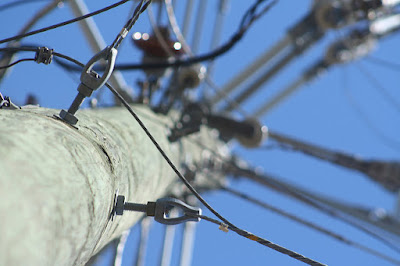What is Electrical Engineering?
Who is Electrical Engineer?
So when we here about electrical engineering, the first thing we want to know that what is electrical engineering for us? and Who is an Electrical Engineer? For definition purposes, let's just define what is electrical engineering:
" Electrical Engineering is the study of electricity, electronics and electromagnetism"
A person who studies electrical engineering and practises it as a profession is known is the electrical engineer.
So what does this mean exactly?
The study of electricity means the knowledge of ways electricity can generate, transmitted, distributed and utilized. There are several ways electricity can be generated. We may see some around us like solar panels, wind turbines, gasoline generators etc. We also see electricity poles with transformers around us, that is the distribution of electricity.
Beyond these transformers, we see bigger poles, and bigger transformers, and through these, electricity is transmitted to us. But from where this electricity is being transmitted? It is being transmitted from the place it is generated.
This is some brief explanation of electricity and a part of "what is electrical engineering"
What is Electronics? Explained!
This is the study with which the flow of electrons can be controlled. It involves using transistors, diodes, etc. We can see electronics around us in form of circuits as in smartphones, laptops, cameras etc.
What is Electromagnetism?
This is the study of the interrelation of electricity and magnetism. The most common example of interrelation is the transformer. Another example is the motor.
We hope you got an idea of what is electrical engineering after reading this article. Electrical Engineering is a vast field and cannot be enclosed in a single article. It has a large number of sub-fields. Thorough understanding of electrical engineering is possible through the study of one of the sub-fields of electrical engineering.
Please share your feedback in comments so that we can know that our efforts are fruitful for your questions about electrical engineering.







No comments:
Post a Comment